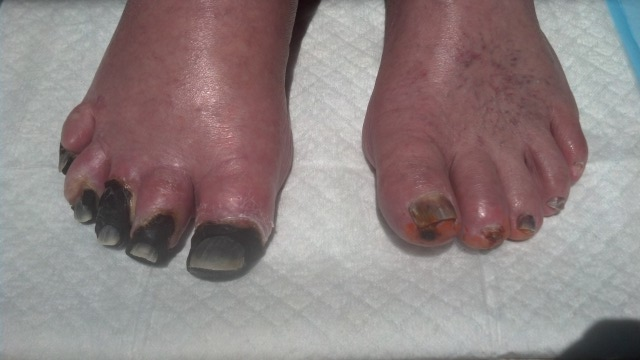How to Overcome Food Addiction
1. Self-Awareness and Acknowledgment:
-Recognize and acknowledge that you have an unhealthy relationship with food, similar to an addiction.
2. Seek Professional Help:
-Consult with a healthcare professional or mental health counselor experienced in treating food addiction or eating disorders.
3. Understand Triggers:
-Identify specific foods, emotional triggers, and environmental cues that contribute to your addictive eating behaviors.
4. Set Realistic Goals:
-Establish achievable goals for healthy eating and lifestyle modifications.
5. Eat Balanced and Regular Meals:
-Replace addictive foods with a consistent meal schedule that includes nutrient-rich options.
6. Practice Mindful Eating:
-Focus on your senses and enjoy each bite without distractions to create a healthier relationship with food.
7. Avoid Emotional Eating:
-Identify emotional triggers and find alternative coping mechanisms, such as exercise, journaling, or talking to a trusted friend.
8. Practice Self-Care:
-Engage in activities that bring you joy and make you feel good, such as exercise, hobbies, or socializing.
9. Support Groups:
-Join local or online support groups specifically for individuals overcoming food addiction.
10. Cognitive Behavioral Therapy (CBT):
-Work with a therapist to challenge negative thoughts and self-talk related to food and eating habits.
11. Medical Treatment:
-Certain medications may help reduce cravings and support overall recovery, but consult with a healthcare provider to determine if this is appropriate for you.
12. Monitor Mood and Emotions:
-Track how you're feeling alongside your eating habits to establish patterns and identify triggers.
13. Practice Craving Management:
-Learn techniques to manage intense cravings, such as distraction, meditation, or delaying eating until the craving passes.
14. Relapse Prevention Plan:
-Develop a plan that outlines what you'll do if you slip up and indulge in addictive foods, avoiding shame and self-criticism.
15. Celebrate Non-Food Rewards:
-Recognize and appreciate achievements unrelated to food, such as personal accomplishments or acts of kindness.
16. Maintain a Food Diary:
-Journaling or tracking your food intake and associated feelings can provide valuable insights.
17. Build a Support System:
-Enlist the help of friends, family members, or a therapist to provide encouragement and accountability.
18. Limit Exposure to Addictive Foods:
-Avoid environments or situations where addictive foods are easily accessible.
19. Limit Availability:
-Don't keep addictive foods in your home, and limit your trips to the grocery store to specific times.
20. Be Patient:
-Remember that overcoming an addiction takes time, and setbacks are part of the recovery journey.
21. Stay Resilient:
-Don't give up. Each small success brings you closer to achieving and maintaining a healthy relationship with food.
It's crucial to tailor the approach to your specific needs and circumstances, and professional support from healthcare providers or addiction specialists can be invaluable in guiding your recovery from food addiction.
-
Biking or Running
QuestionWhich is a more effective way to loose weight, biking or
-
spinach
QuestionCan you freeze fresh spinach and if you do, will it loose
-
GI Index or GI Load
QuestionPlease let me know what is important GI Index or GI Load
-
Eat Right for your type +Bladderwrack
QuestionHi What is your opinion of this diet and this herb? Acco
-
nutrition for children
QuestionMy daughter recently started the pre-k program at a local
-
High colestrol
QuestionI am a vegetarian but my doctor says that im getting high



